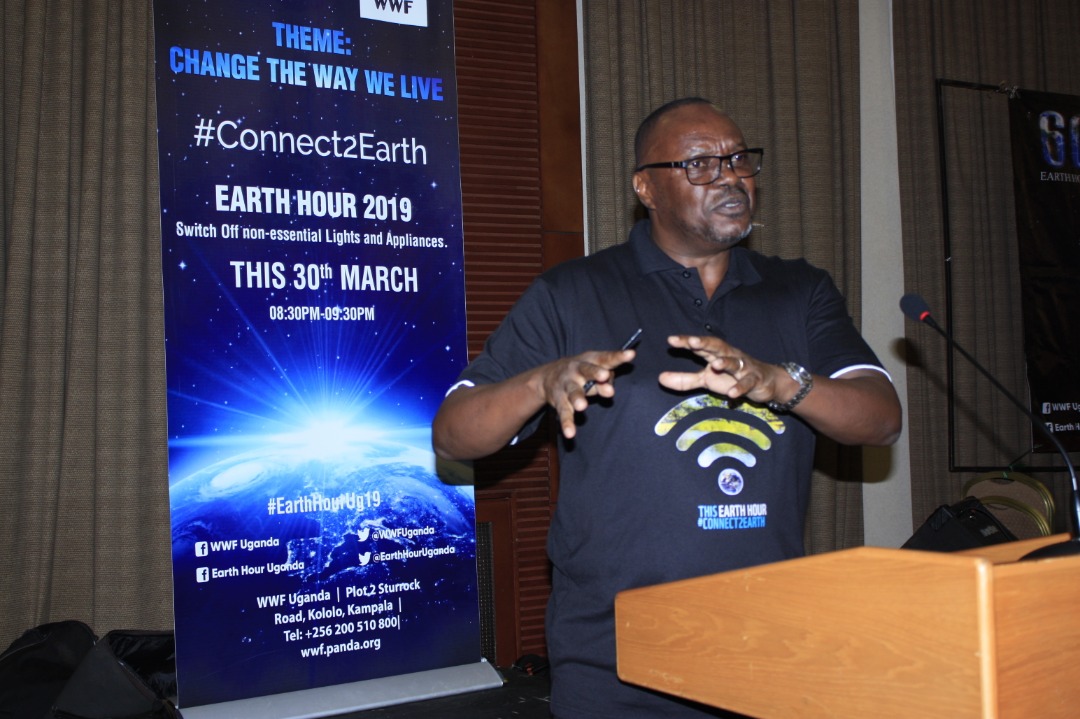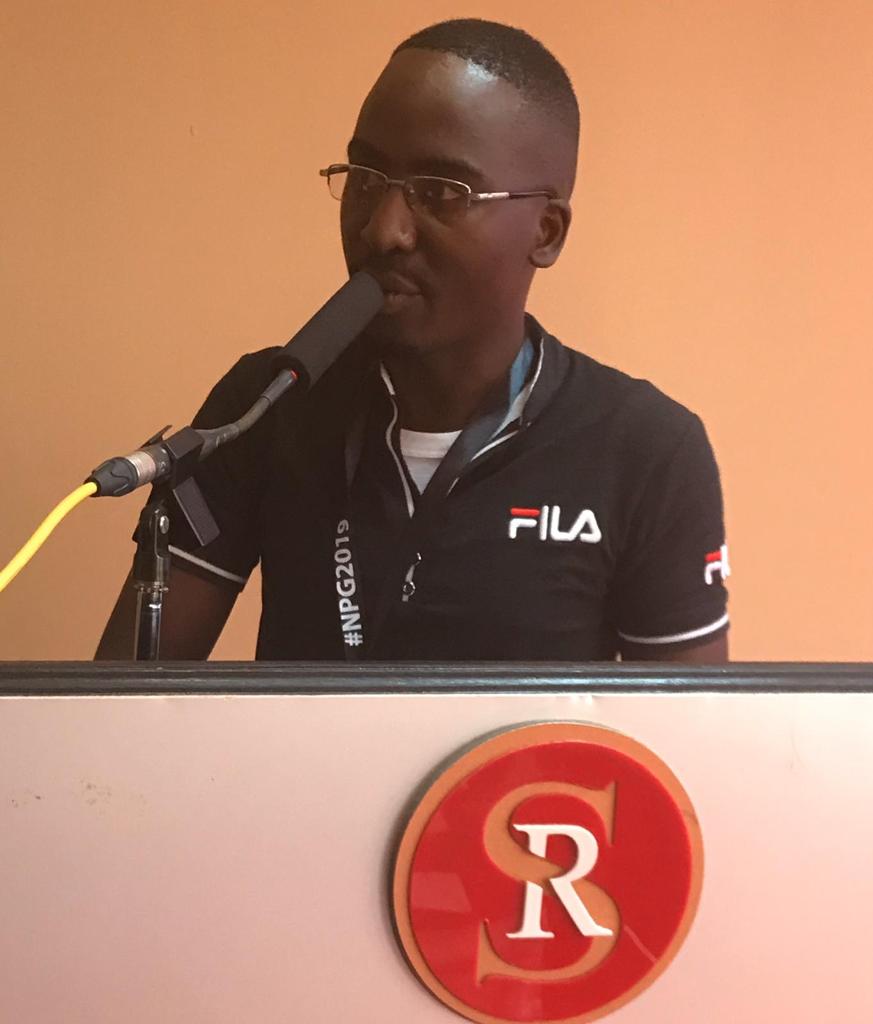
KAMPALA – Conservationists from all over the country led by World Wild Fund for Nature (WWF) will on Thursday, February 13 march on streets of Kampala to reinforce the campaign on plastic pollution and to stop the deluge of plastics in all-natural environments.
The much-anticipated march starting at 9 am, to be held under the theme “No to plastic and Kaveera Pollution, let Uganda breathe; it will see the wave walk from Kampala City Square to Kampala Capital City Authority (KCCA) grounds – Lugogo- a distance of five kilometers.
Other agencies including National Forest Authority (NFA), National Environment and Management Authority (NEMA) Plan International, Kampala Capital City Authority (KCCA) and Youth Alive Uganda schools and universities among others are also on board.
The march will be flagged off by Speaker of Parliament Rebecca Kadaga who is so passionate about nature conservation.
Globally, WWF is one of the key actors driving the plastic initiative to convince governments to endorse a global agreement to stop the flow of plastics into natural environments.
At a national level, the WWF Uganda Country Director, David Duli, says the campaign involves clients, industries, retailers and the government to work towards urgently implementing practical approaches and policies to address the environmental plastic problem collectively throughout its life cycle – from production and consumption to waste management.
“The plastic challenge is so huge and multi-faceted, it has to be addressed at multiple levels and sectors,’ says Duli, who is leading the Plastic Pollution campaign.
He describes plastic as ‘an extraordinary material’, which has revolutionised many aspects of our lives over the past 50 – 80 years.
The problem, as he explains, ‘is that it is cheap and therefore widely used and easy to throw away. It doesn’t break down for a couple of hundred years, creating a serious source of pollution in our watercourses, wetlands, and environments.’
 Duli cites some alarming statistics based on widely-accepted research. Since 1950, an estimated 8 300 million tons of plastic have been manufactured – half of it since 2005. Only 25% of this plastic is still in use.
Duli cites some alarming statistics based on widely-accepted research. Since 1950, an estimated 8 300 million tons of plastic have been manufactured – half of it since 2005. Only 25% of this plastic is still in use.
Most of it is waste, as only small volumes have been recycled or turned into energy. The majority, if not captured in landfills, has found its way to the natural environment.
“It is everywhere and literally choking our environment and all the species that inhabit it. And it’s not just the macro, visible plastics (plastic bags, bottles, containers) that are a problem. There is also the deadly problem of microplastics with so many resulting issues that most of us don’t even think about,”
He believes that plastic pollution is an opportunity to start thinking differently about economic models and recognizing that natural resources are finite.
‘There is an economic opportunity to start thinking differently about plastics in line with circular economic models where companies can design plastics that can be reused, shared, repurposed and recycled. Solutions are emerging from all corners and the trend is gathering momentum throughout society,” he said.

Speaking to PML Daily, WWF-Uganda Communications Officer Happy Ali WWF is engaging students from Makerere University, Kyambogo, and Kampala International University to come innovative ideas to handle plastic pollution.
“It is no doubt a crisis, but it is also one of the biggest opportunities ever presented to think differently, consume differently and take responsibility for our environment. Changing our behavior to address this environmental challenge effectively may just help us to develop the skill and understanding necessary to address some of the bigger, more intractable challenges. A shared interest in getting plastics out of nature could also be an important step in the big push necessary to shift towards a low-carbon society,” he said.
He added that the yearlong campaign will include an Inter-university Innovations Challenge that will see young minds present mature and well-thought-out innovations all tailored to address Uganda’s chocking plastic pollution.

Happy also told reporters that WWF-Uganda will launch the Earth Hour 2020 Campaign, a global conservation initiative started and supported by WWF in 2007 where across the world, individuals, businesses, governments, and communities are invited to turn off their nonessential lights for ‘one hour’.
Parliament created a plastic bag ban a few years ago but soon the law was broken apart.






